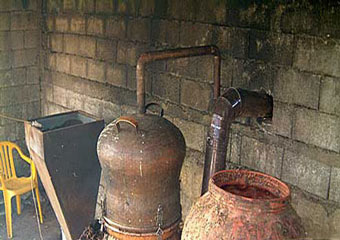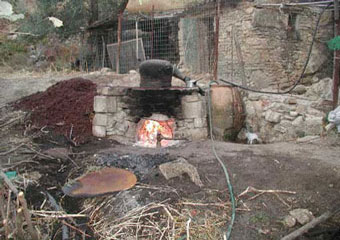Rakokazana: the production of Raki
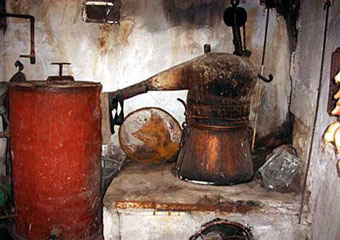
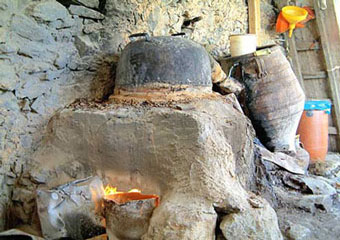
And now few words on Raki and its production.
Being half a Cretan and half from Mytilini island, I've ended up liking the local drinks of both islands. Though many Greeks who like ouzo (from Mytilini)do not like the Cretan raki (also known as tsikoudia) and vise versa, I enjoy drinking both!
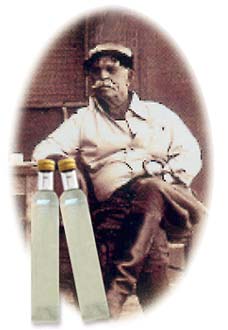
Of course I do not drink in a daily basis, but you can not tell that also for the majority of Cretans.
In Crete raki is not simply a drink, it is a ritual, part of the culture of the island. And as you can assume the production of Raki is a real celebration. Do not expect large factories producing the tons of raki consumed every year on the island.raki production is more personal, some kind of a family issue.
From October to end of November every year Cretans prepare their favorite drink - and I have luckily been once at such a celebration at Rethymno.
Necessary for the whole procedure is the rakokazano, meaning the raki-boiler, where the distillation takes place.and the necessary ingredients are the must, the stems ands skins leftover from winemaking. This is why raki flows inexpensively from the mountain villages to every corner of Crete.
The procedure is simple: the pomace in the kanazi starts boiling and produces alcoholic steams. These steams are lead to a separate barrel, where they start cooling and as a result they liquefy. The liquid is directed to another barrel, bottle or even a glass. Locals know that at the beginning of the procedure, the liquid produced is so strong that cannot be drunk and that by the end of the production no alcohol is contained in it. Therefore raki production takes yearlong experience. The result from the rakokazano is raki (or tsikoudia as they also call it) with alcohol content between 40% and 65%.
Another result of the raki production is the celebrations, small festivals that may last for many days. Family, friends, neighbors and even passers-by are treated raki and appetizers. The atmosphere is celebrative and the moods high.
Oh .and a piece of advice for foreigners It is very likely that somewhere in Crete someone will treat you raki. It is a great insult to accept the treat and an even greater insult to pay for it! In case you do not like raki's taste, simply leave the glassed filled on your table and thank with a gesture the one that treated you. But be careful, as if you drink your first treat, soon there're be a second and then a third.and by the end of the night you'll feel like a Cretan-raki-lover!
